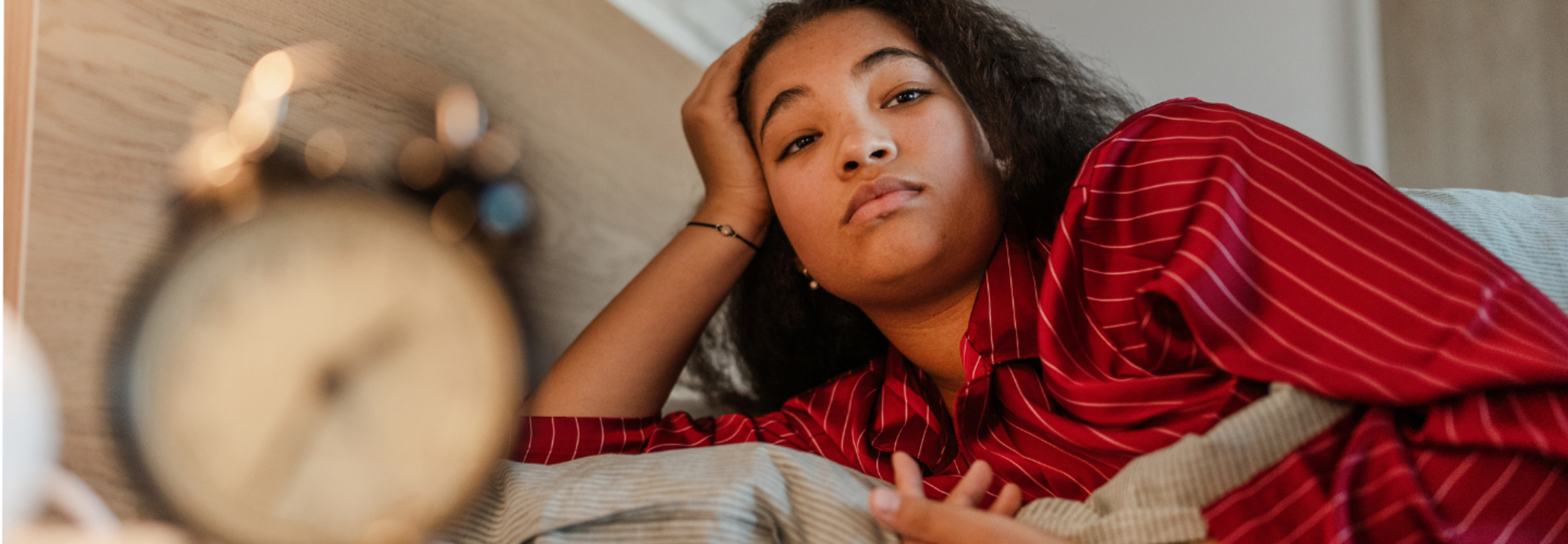Why You Might Be Taking Too Long To Fall Asleep- 7-Step Nighttime Routine For Relaxing Sleep

Why You Might Be Taking Too Long To Fall Asleep (Credit: Canva)
SummaryStruggling to sleep? Both falling asleep too quickly or too slowly can impact health. Maintain proper sleep hygiene and adopt a calming nighttime routine to improve sleep quality and overall well-being.
End of Article
